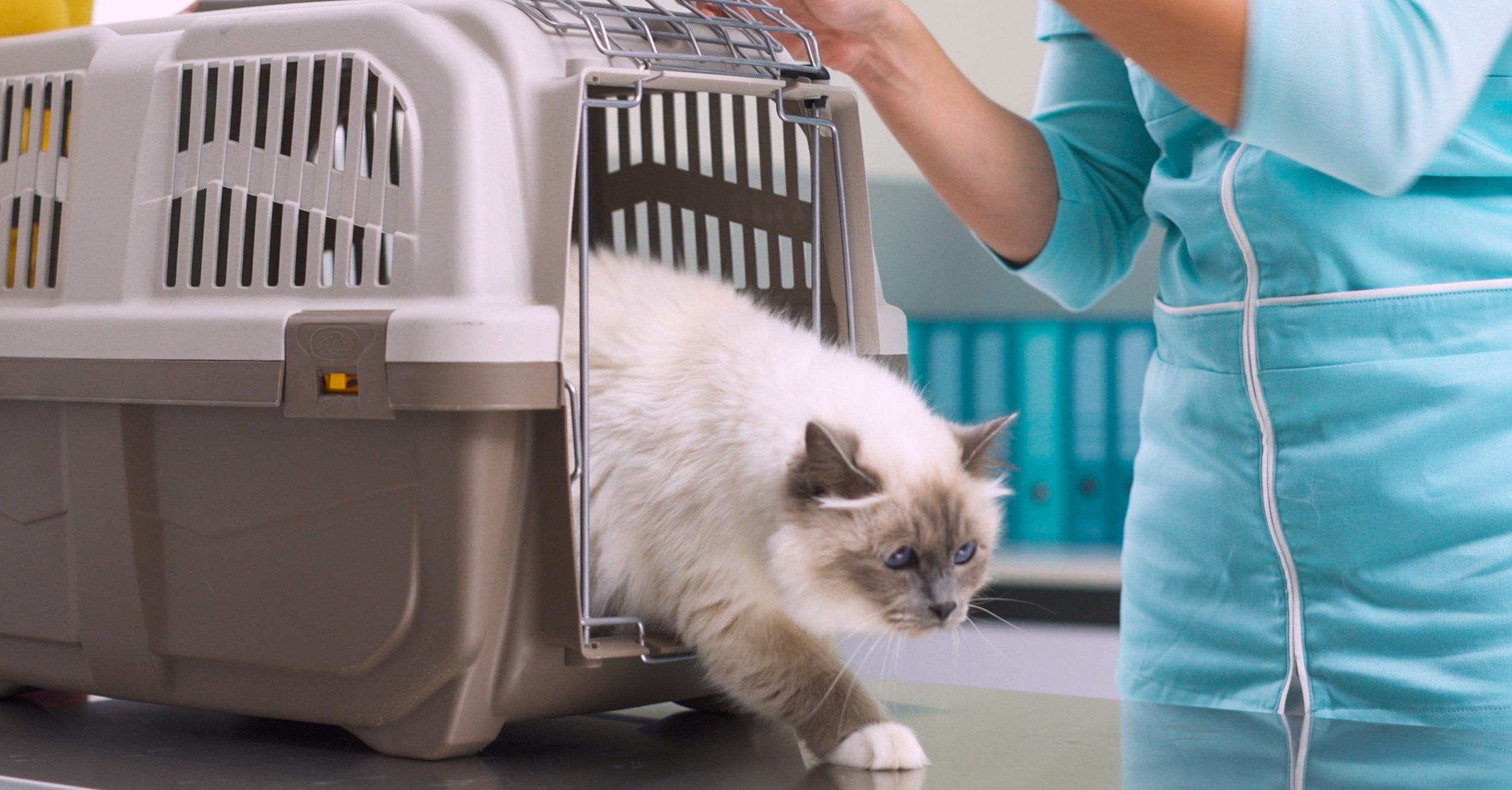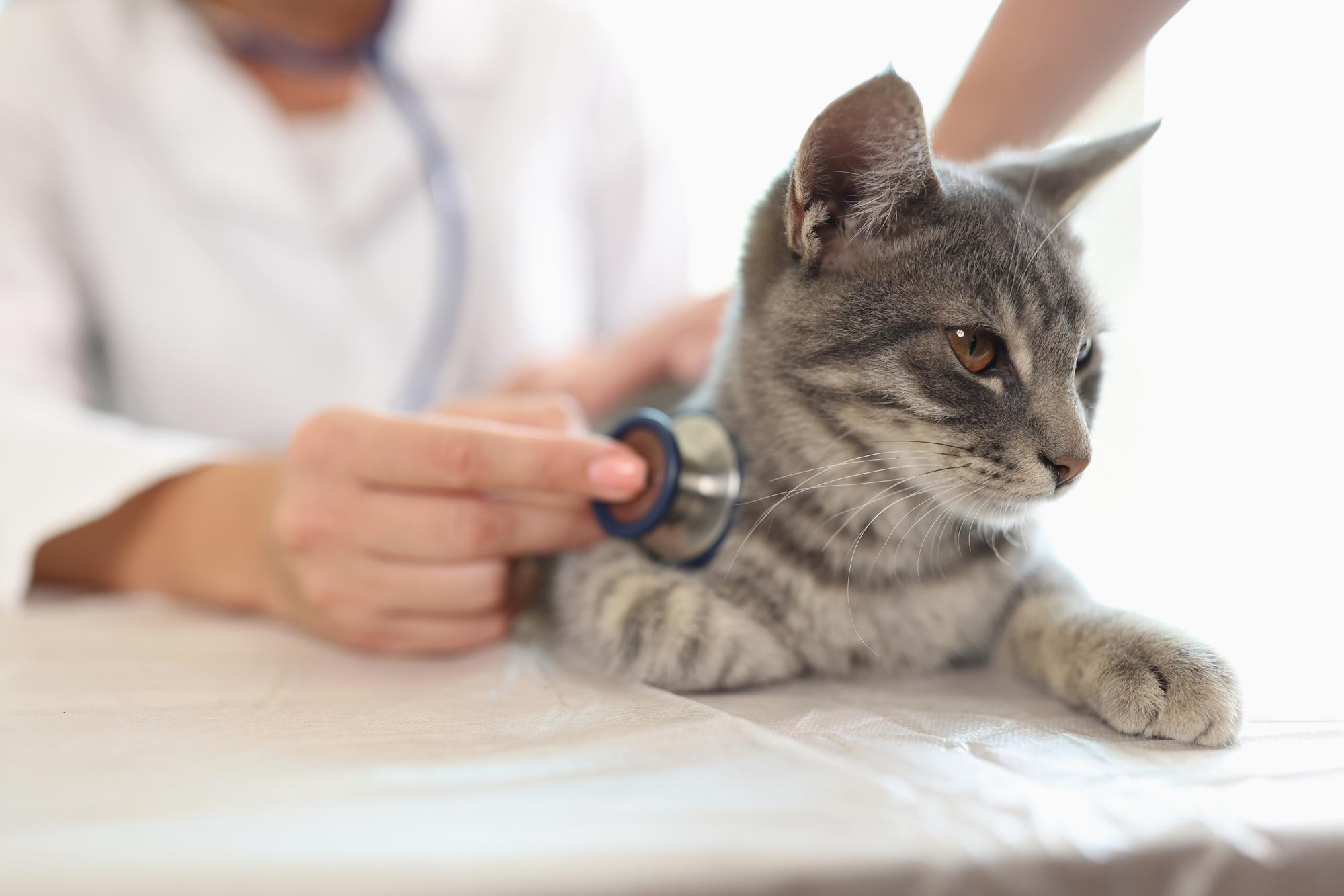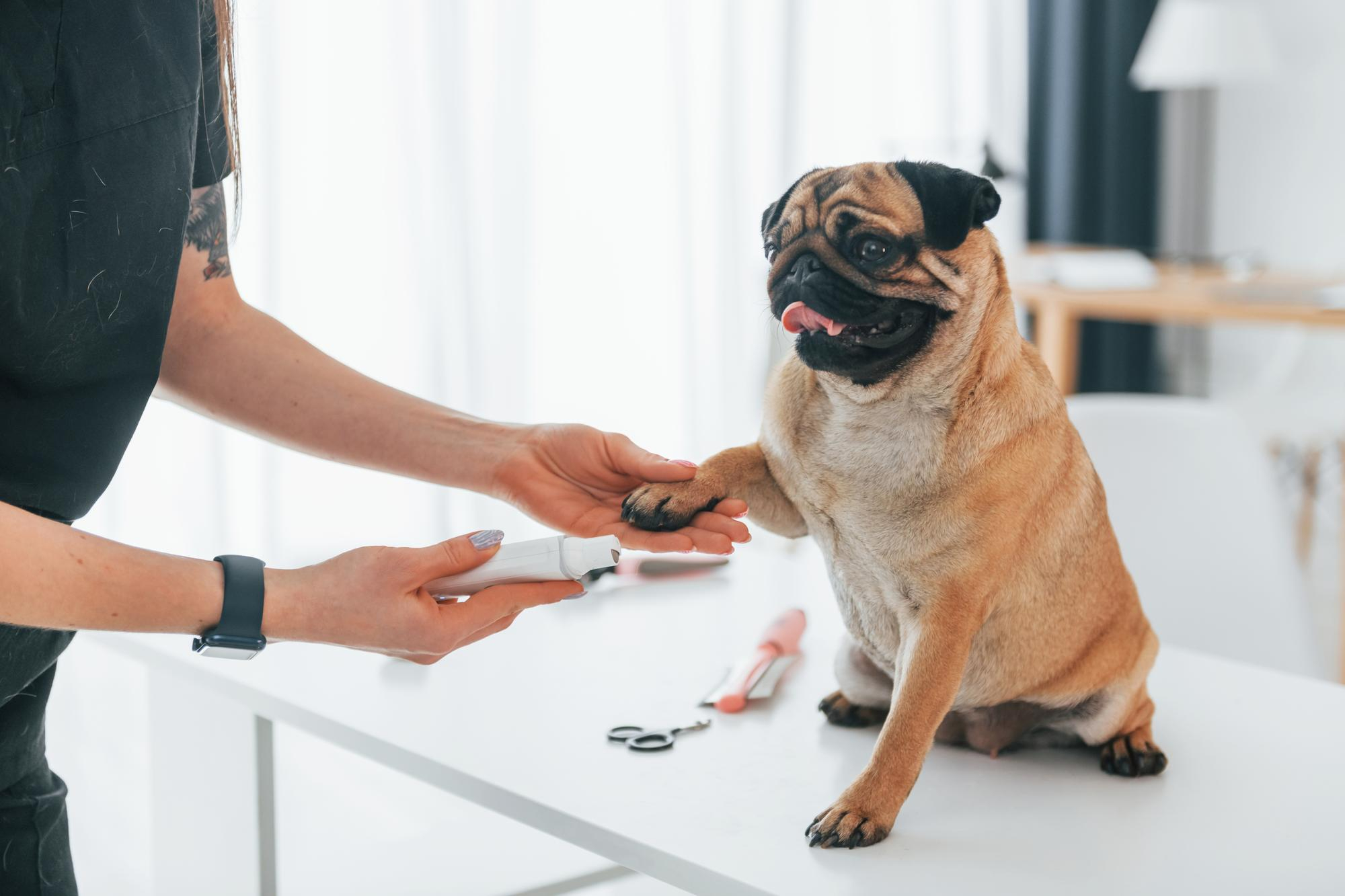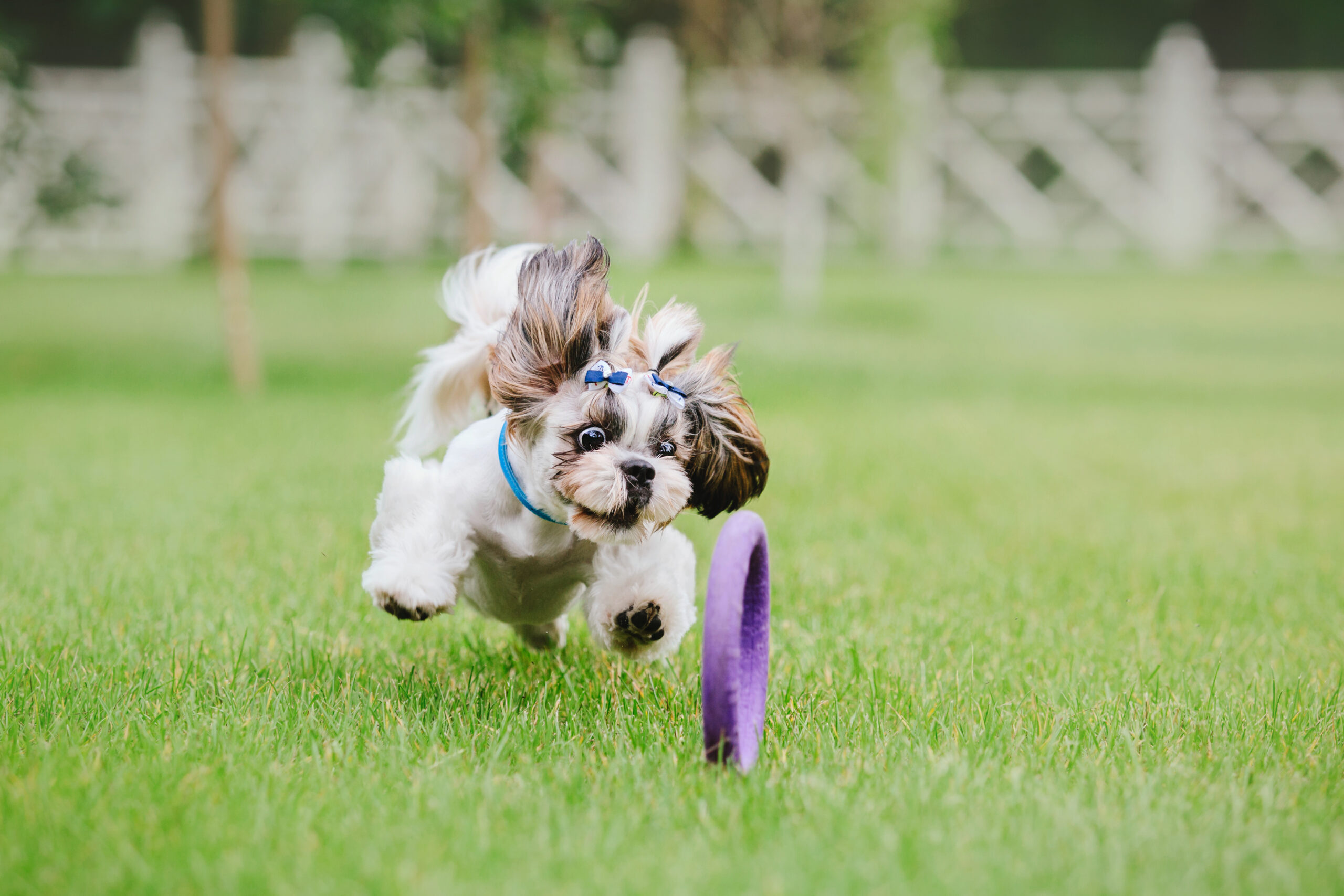As pet owners, we all want to ensure the best possible care for our furry friends, and this often means regular visits to the veterinarian. However, for many pets, these trips can be stressful and anxiety-inducing, making the experience difficult for both the pet and their owner.
In this article, we will discuss ways to make your vet trip less stressful on everyone involved. We’ll cover some simple actions you can take to keep your pet at ease, as well as special tools like pre-visit pharmaceuticals (PVPs) that can be used to make the experience as comfortable as possible.
Preparing for Your Vet Visit Ahead of Time
Before your vet visit, there are several things that you can do to help your pet feel more comfortable and relaxed. We recommend practicing these steps well before your vet appointment to ensure the actual day goes as smoothly as possible. These include:
1. Familiarizing Your Pet with the Carrier
If your pet is travelling in a carrier, it’s important to familiarize them with it before the visit. If you wait until the day of the appointment to introduce your pet to the carrier, you may find yourself running late as you try to persuade your pet to get into their crate or carrier.
You can familiarize your pet with their carrier in a few ways. For example, try leaving the carrier out in a visible and accessible area of the home for a few days before the appointment. This gives them a chance to explore and get comfortable with the carrier on their own time, making it less stressful for them to be placed inside of it. You can also encourage your pet to enter and exit the carrier on their own by placing treats, toys, or a favourite blanket inside.
2. Practice Handling and Touching
Handling and touching are essential parts of your veterinarian’s job. They’ll need to be able to handle your pet to ensure a proper examination during the appointment, so it can be helpful to get your pet used to being touched at home prior to the visit.
We recommend gentle handling, petting, and touching of sensitive areas on your pet (e.g. paws, ears, and tail) as often as possible. Doing this on a regular basis will slowly help your pet adjust to being touched in these areas, meaning they’ll be more relaxed when a veterinarian does the same thing later on.
3. Reduce Anxiety
If your pet is prone to anxiety, there are several things you can do to help reduce their stress before the visit. This can include using calming pheromone sprays or diffusers, playing calming music, or using a calming jacket or shirt. Be sure to stay relaxed yourself (more on that later), and speak in a calm, soothing voice to help them keep calm.
We recommend familiarizing yourself with effective ways to reduce your pet’s anxiety well ahead of time. The more you practice soothing your pet, the easier it will be to keep them calm when it comes time to see the vet.
4. Pre-Visit Pharmaceuticals (PVP)
Pre-visit pharmaceuticals (PVP) are medications that can be given to pets before a veterinary visit to help reduce anxiety and make the experience less stressful for them. PVPs can be especially helpful for pets that are prone to severe anxiety, aggression, or fear-related behaviours in situations and environments they view as stress filled.
There are several different kinds of PVP drugs your vet might recommend for your pet. Your vet may suggest:
- Gabapentin
- Trazodone
- And more
When used appropriately, PVPs can help pets feel more relaxed and comfortable during the vet visit, making the experience less stressful and more productive. However, it’s important to note that PVPs should only be administered by a licensed veterinarian and should be used with caution in pets with certain health conditions, such as heart or liver disease.
NOTE: Always ask your veterinarian before giving your pet drugs, medication, or supplements of any kind. Never give a cat or rabbit’s medication to a dog, or vice versa. Never give human medication to an animal.
Tips for a Less Stressful Vet Visit On the Day of
In addition to using PVPs, there are several things that pet owners can do to help make their vet visits less stressful for their furry friends. These include:
1. Planning Ahead
Planning ahead is key to a successful vet visit. This can involve making sure that your pet is up-to-date on all necessary vaccinations, bringing along any necessary paperwork or medical records, and making sure that you have information on any medications or special diets your pet is on.
2. Choosing a Calming Time
Choosing a calming time for your vet visit can help reduce your pet’s anxiety. This may involve scheduling your visit during a less busy time, such as in the morning or early afternoon when there are fewer pets and people around at the vet and along the way.
3. Using Positive Reinforcement
Using positive reinforcement is an essential part of making your vet visit less stressful for everyone involved. This can involve offering treats, toys, or verbal praise for good behaviour, or distracting your pet with a favourite toy or treat during the visit. Remember to reward your pet for good behaviour and a calm mood—punishing your pet for bad behaviour is not only cruel and unnecessary but also ineffective.
4. Remaining Calm and Confident
Pets are incredibly intuitive and can pick up on their owner’s anxiety and stress. It’s important to remain calm and confident during the vet visit, as this can help reduce your pet’s anxiety and help them feel more at ease. If you are nervous or anxious, your pet will likely become more anxious as well. Practice slow, deliberate breathing, and calm, still body language, and be sure to speak to your pet in a soothing voice to ensure they’re as relaxed as possible.
5. Communicate with Your Veterinarian
Finally, communication with your veterinarian is crucial to a successful vet visit. Be sure to discuss any concerns or questions you may have with your veterinarian before and during the visit. This can help ensure that your pet receives the best possible care and can help alleviate any anxiety or stress you (and your pet) may be feeling.
In conclusion, making your vet visit less stressful requires a proactive approach and a willingness to work with your veterinarian to find the best possible solutions for your furry friend. This may involve the use of PVPs, as well as pre-visit preparation, positive reinforcement, and effective communication with your veterinarian. By taking these steps, you can help ensure that your pet receives the best possible care and can enjoy a happy, healthy life.
Creative Commons Attribution: Permission is granted to repost this article in its entirety with credit to Hastings Veterinary Hospital and a clickable link back to this page.






